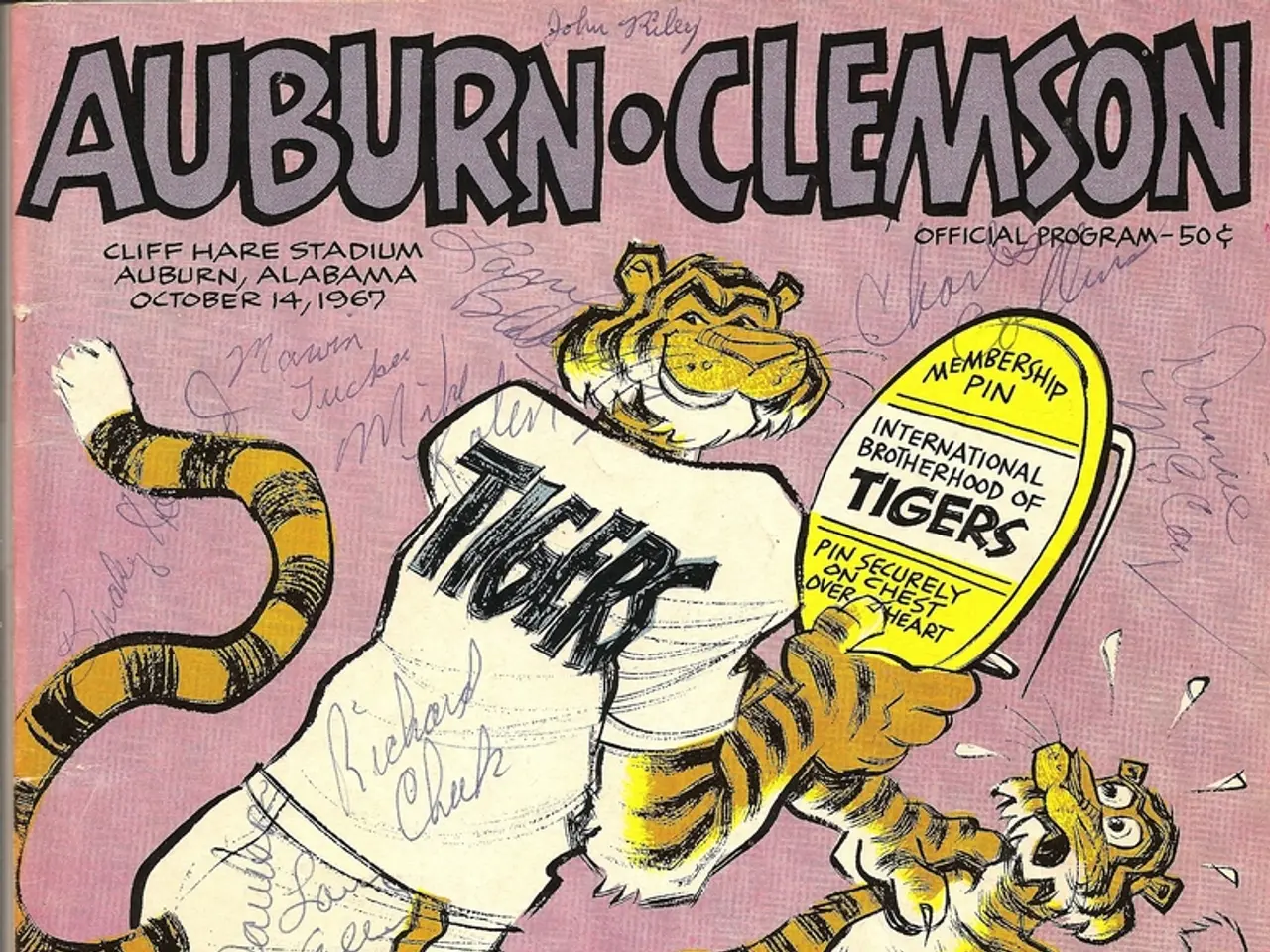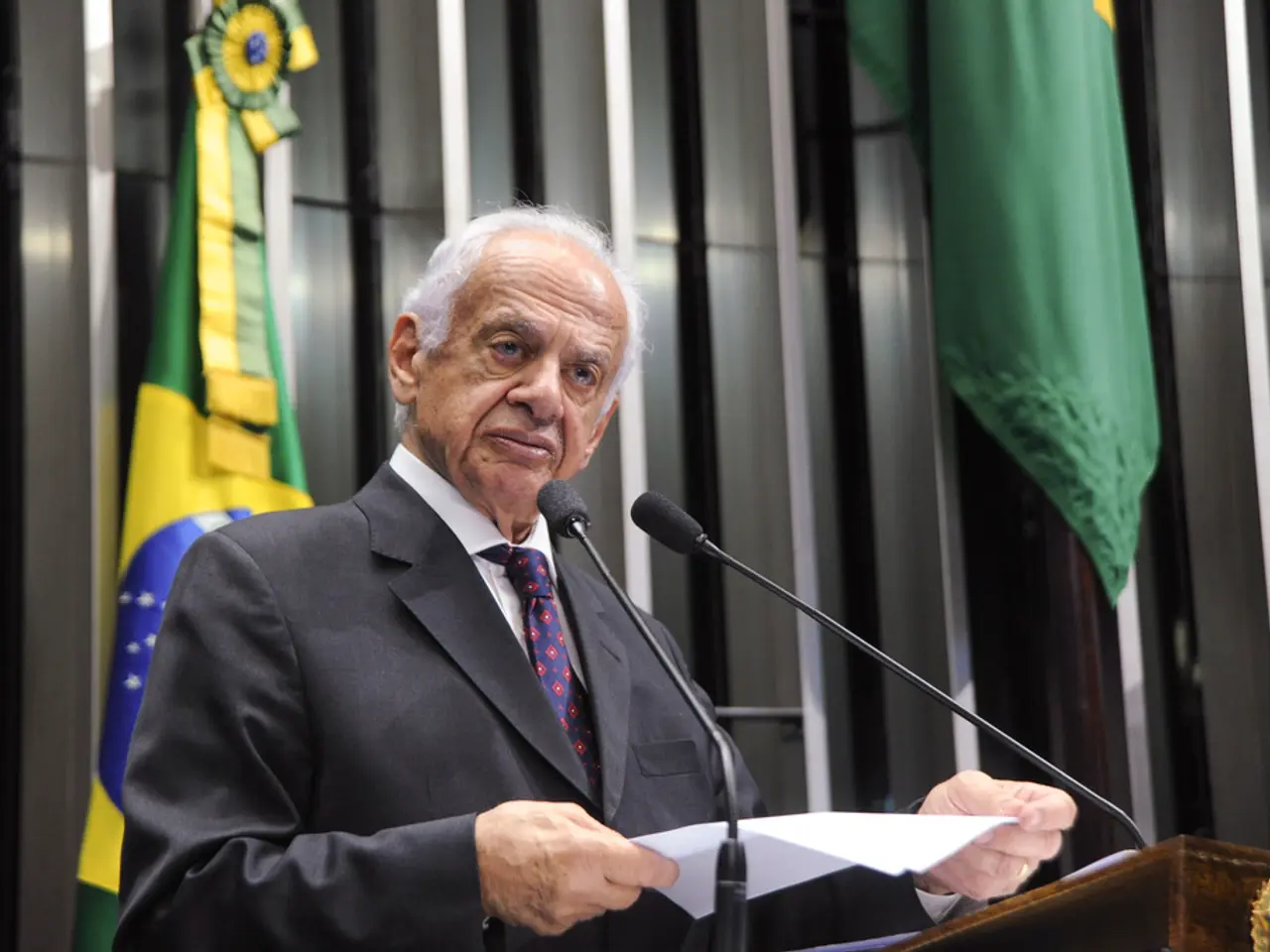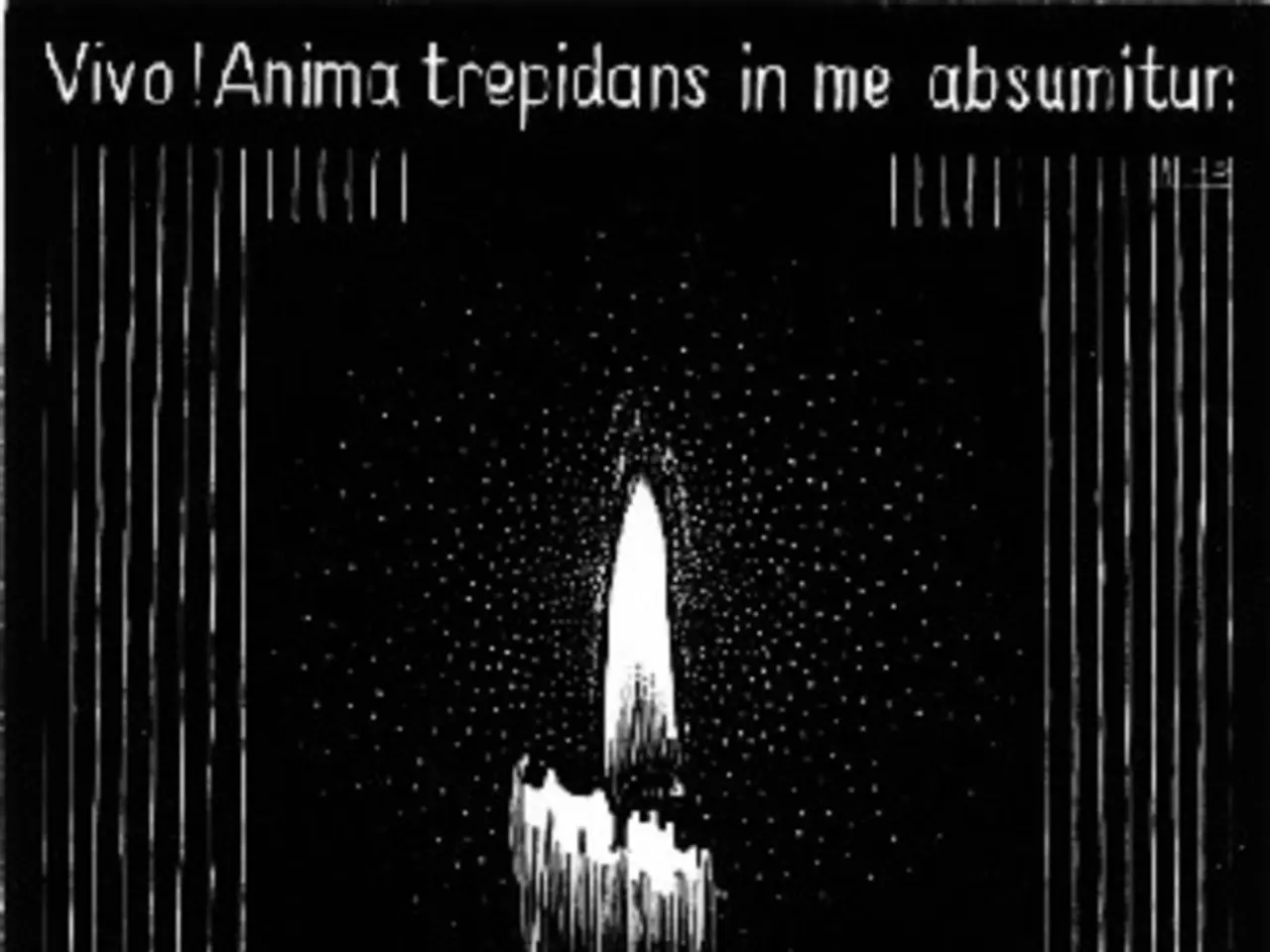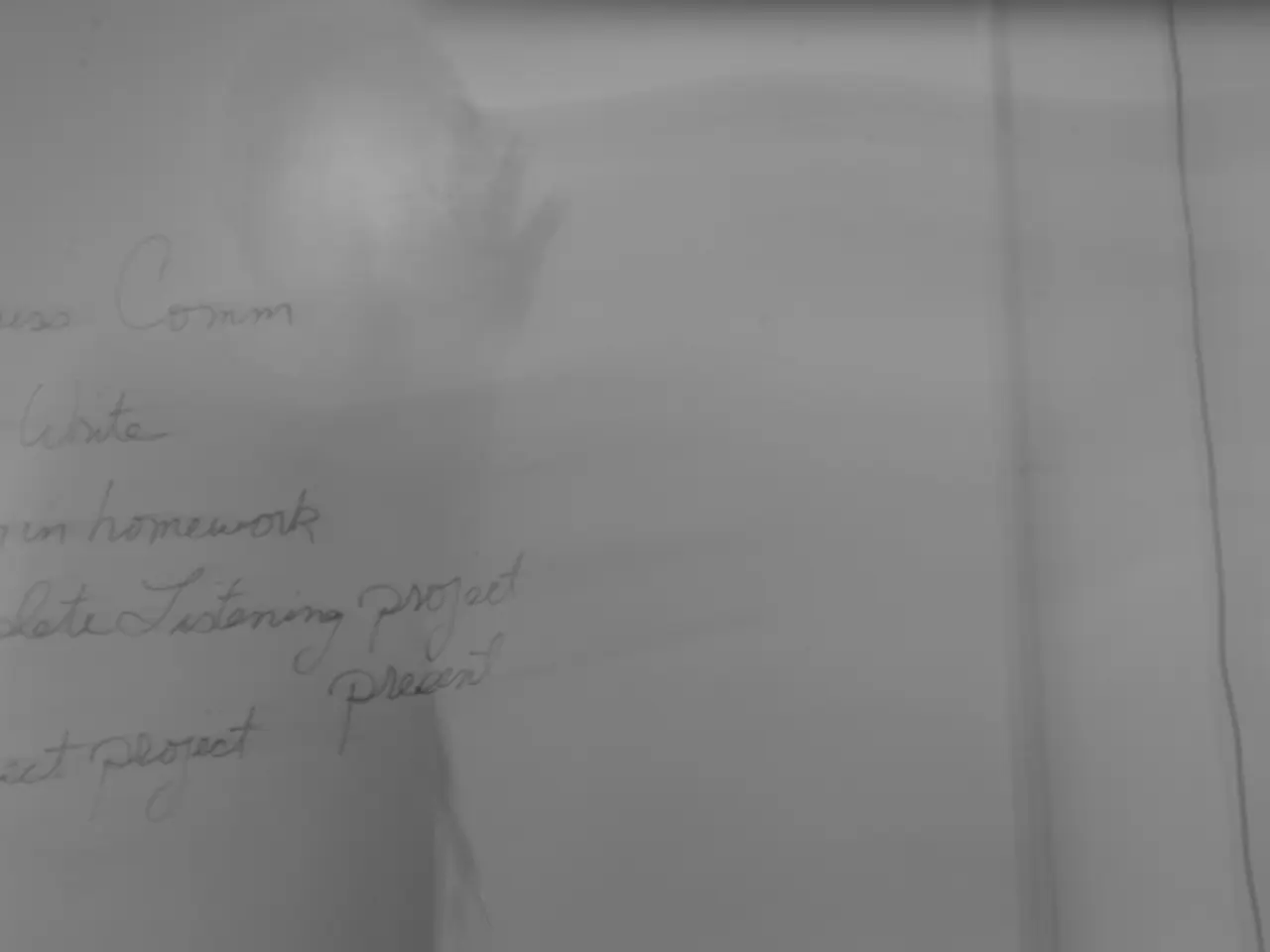Socialist Politics Unveiled: Insights from Benjamin Gitlow's Correspondence
Benjamin Gitlow, a key figure in the early days of the American Communist movement, played a significant role in the formation of the Communist Party USA (CPUSA) [1]. In 1919, he, along with John Reed and others, helped establish the Communist Labor Party of America, which eventually merged with other groups to create the CPUSA [1].
Gitlow was also involved in communist publishing, notably with the radical newspaper The Revolutionary Age, which disseminated communist ideology [5]. However, Gitlow's involvement with the Communist Party came to an end due to internal factional disputes linked to larger political conflicts within the Soviet Union. In 1928, after factional splits in the Soviet leadership influenced CPUSA politics, Gitlow was expelled from the party alongside Jay Lovestone, as Earl Browder assumed leadership [1].
The expulsion was tied to disputes involving factions supporting different Soviet leaders, particularly conflicts involving Trotskyists and Stalinists. Gitlow's notoriety increased with the landmark U.S. Supreme Court case Gitlow v. New York (1925), where his conviction for publishing a manifesto advocating revolutionary socialism was upheld, but the Court extended First Amendment free speech protections to the states [5].
In 1927, Gitlow made a trip to Moscow at the special request of the Kremlin [2]. After leaving prison, he occupied "every important post in the American Communist Party" [3]. However, Gitlow's views began to diverge from the party line, and he refused to submit to Stalin's demands, stating that he would fight against the decision upon his return to the United States [4].
The communists' ability to infiltrate everywhere, pretend anything to anyone, and tell lies was instrumental in their success [6]. They captured or dominated organizations they infiltrated, often through the use of United Front tactics [7]. This strategy allowed them to become important and often decisive forces in movements and actions, even when they would otherwise be excluded [7].
However, Gitlow became a critic of communism after his break with Stalin, warning of its methods [8]. He believed that the left in America and Europe had become a diverse group of political sects, unwittingly dominated by a small cadre of communists [9]. The communists, he argued, learned to deal with persons and movements not in their camp, developing into able negotiators and astute politicians [10].
After his expulsion from the party, Gitlow became an obscure, penniless, and friendless person in New York [3]. However, his contributions to the early days of the American Communist movement and his subsequent dissent remain significant in understanding the political landscape of the time.
References:
- "Benjamin Gitlow." Encyclopædia Britannica, https://www.britannica.com/biography/Benjamin-Gitlow
- "Gitlow, Benjamin (1891–1965)." Jewish Virtual Library, https://www.jewishvirtuallibrary.org/benjamin-gitlow
- "Benjamin Gitlow." The New York Times, https://www.nytimes.com/topic/person/benjamin-gitlow
- "Gitlow, Benjamin." International Communist Review, https://www.marxists.org/archive/gitlow/1928/04/gitlow.htm
- "Gitlow v. New York (1925)." Oyez, https://www.oyez.org/cases/court/1925/30
- "Benjamin Gitlow." History Learning Site, https://www.historylearningsite.co.uk/benjamin-gitlow
- "United Front." Marxists Internet Archive, https://www.marxists.org/glossary/terms/u/nited-front.htm
- "Gitlow, Benjamin." The American Communist Movement, https://www.marxists.org/history/usa/people/g/gitlow-benjamin/index.htm
- "Benjamin Gitlow." The Jewish Vindicator, https://jewishvindicator.com/2014/06/03/benjamin-gitlow/
- "Benjamin Gitlow." The Socialist, https://www.marxists.org/history/us/workersparty/1927/10/gitlow.htm
- In the early days of the American Communist movement, Benjamin Gitlow, alongside John Reed and others, established the Communist Labor Party of America, a precursor to the Communist Party USA (CPUSA).
- The political landscape of the Soviet Union greatly influenced the CPUSA, leading to factional disputes that resulted in Gitlow's expulsion alongside Jay Lovestone in 1928, with Earl Browder assuming leadership.
- Gitlow's views diverged from the party line after his expulsion, and he became a critic of communism, warning about its methods and the left's potential domination by a small cadre of communists.
- The communists' strategy of infiltrating and capturing organizations, often through the use of United Front tactics, contributed significantly to their success in movements and actions.
- Gitlow's contributions to the early days of the American Communist movement, including his publishing efforts and establishment of the radical newspaper The Revolutionary Age, remain significant in understanding the political landscape of the time.







